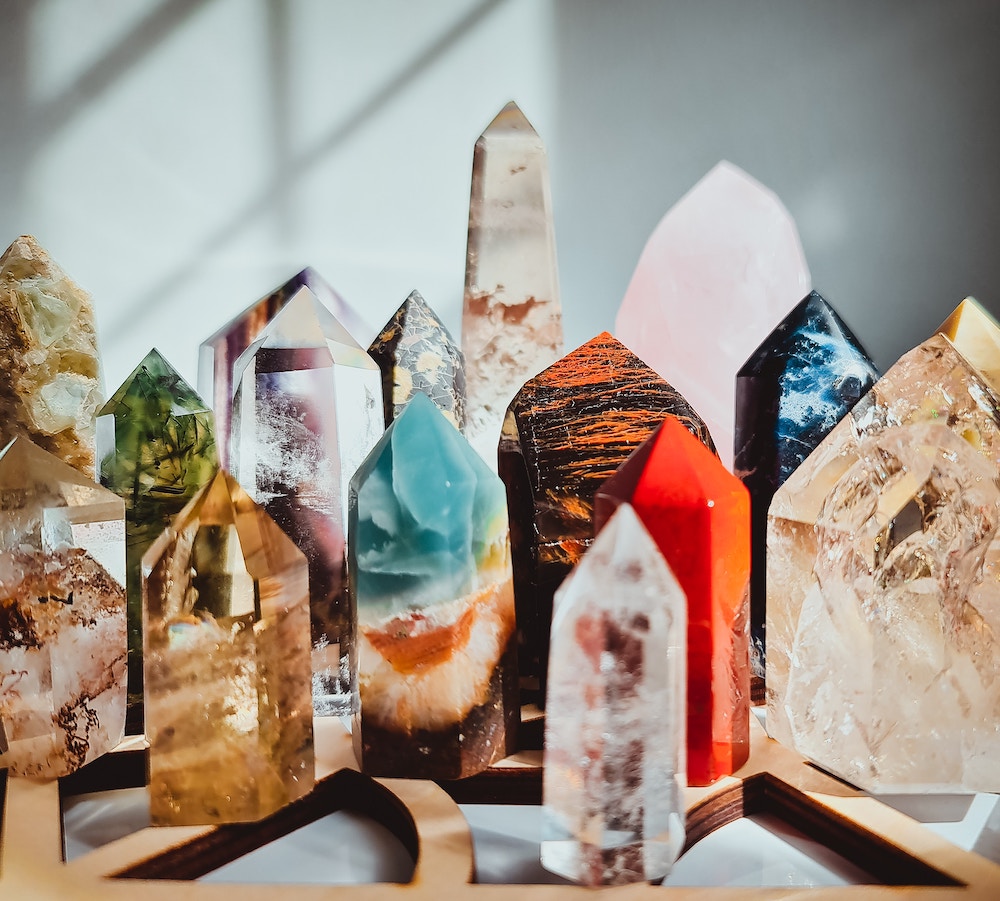 When I first went vegan I was okay with giving up all animal products: in fact, I welcomed it. Honey was always the confusing one, though. On one hand, it’s a by-product of bees doing their bee thing, right? On the other hand, the Veganism definition by The American Vegan Society as stated in Stepaniak’s The Vegan Sourcebook is “
When I first went vegan I was okay with giving up all animal products: in fact, I welcomed it. Honey was always the confusing one, though. On one hand, it’s a by-product of bees doing their bee thing, right? On the other hand, the Veganism definition by The American Vegan Society as stated in Stepaniak’s The Vegan Sourcebook is “living solely on the products of the plant kingdom, to the exclusion of flesh, fish, fowl, animal milk, and all dairy products, eggs, honey and all other food of animal origin.”
That definition establishes a pretty rigid set of guidelines. I still didn’t understand why we were not supposed to eat honey. My uncle is a beekeeper and his bees are his babies. He is so gentle when he collects the honey and nurtures these tiny creatures. Of course, some of them inevitably get hurt in the process, but the intention to exploit or do harm is not there.
I decided to do some research about the whole honey thing. Bees are the greatest pollinators in nature, along side birds and bats. For thousands of years humans have been using bees and collecting their honey. In the United States alone, bees pollinate an estimated 15 billion dollars worth of crops. Our impact on them has shown up recently in the mystery of Bee Colony Collapse Disorder, where whole colonies die due to either pesticides or mite infestation.
Some of the practices used by beekeepers can be harmful to bees. Beekeepers kill the Queen Bee routinely to prevent swarming, aggression, and mite infestation among the hive. Some view this also as exerting control over the hive. In bee culture though, the Queen Bee will often kill off any competition. Before winter, large commercial beekeepers will routinely kill off an estimated 20-30% of hives because it is too expensive and high maintenance to care for these tiny creatures during the cold months. Beekeepers are also notorious for the spread of disease among hives, whether it’s intentional or non-intentional. They often move diseased honeycombs to healthy hives, keep hives too close together, or neglect to clear out dead hives which can have disastrous effects on whole colonies. Beekeepers tend to harvest honey in the fall but since bees work all spring and summer to gather enough pollen to make honey to last throughout the winter months, it doesn’t feel ethical to support this industry. Many beekeepers replace the honey store with sugar water so the bees have something but considering the lack of any nutrients it doesn’t seem to be a solution to the problem.
For vegans, it comes down to intent. Bees produce honey by ingesting nectar and regurgitating it. Bees have shorter life cycles and often die defending their hive. Does this justify exploiting and enslaving them for our own needs? No, but it is something to consider. The bees will make the honey whether we are there or not to extract it. The argument of do vegans eat honey comes down to making beekeeping more ethical and sustainable, which includes buying from local, small apiaries and harvesting hives in the spring instead of the fall.To some, it counts as an animal product, to others it doesn’t. Studies of bees have shown that they are intelligent and have complex nervous systems that sense pain. Our biggest concern should be about the disappearance of bees since most of our crops need them to pollinate and bees affect about 35% of crop production. Since sweeteners are considered a novelty food and many do not hold any nutritional value, they are not necessary as part of a well balanced diet. There is some debate if eating local honey helps allergies and inflammation but not enough studies have shown any true benefits.
Considering most atrocities are committed by factory farms, buying from small, local apiaries for vegan alternatives is a kinder method. Get to know the local beekeepers and understand the processes that they use. Having some understanding of bees’ complex society may also shed some light on whether or not to consume honey. Since, it seems, commercial farming of anything doesn’t benefit anyone, buying local is usually the best course of action. Either way, to consume honey or not is a personal decision that every vegan must make for themselves.
Also in Opinion: Liberal Arts Majors Still Matter
Also by Krystle: Cold and Flu Season are Around the Corner – Are You Ready?
Photo: Imola Toth
[Note: An earlier version of this article stated that bees produce honey by consuming and regurgitating pollen. In fact honey is the regurgitated nectar.]




